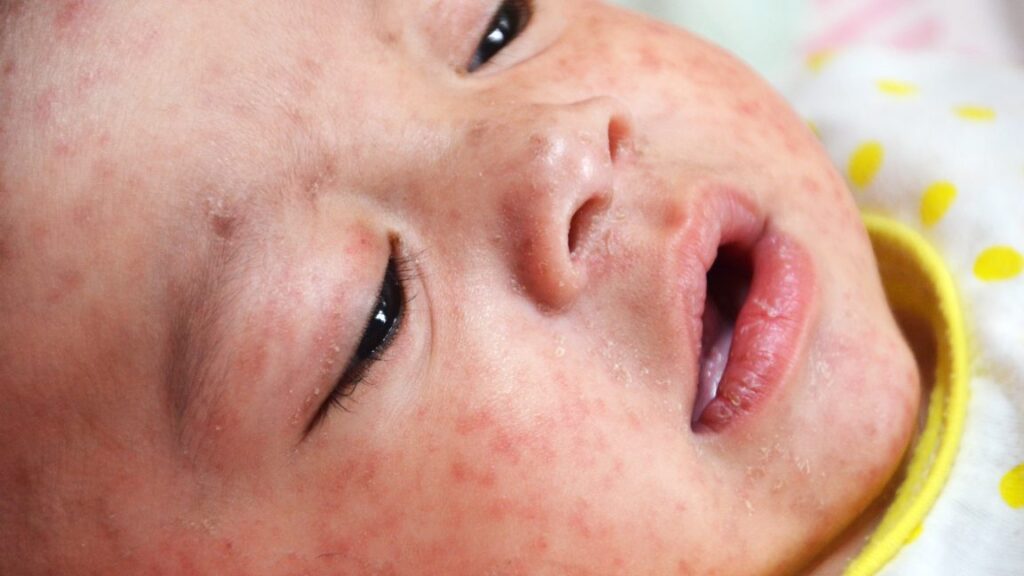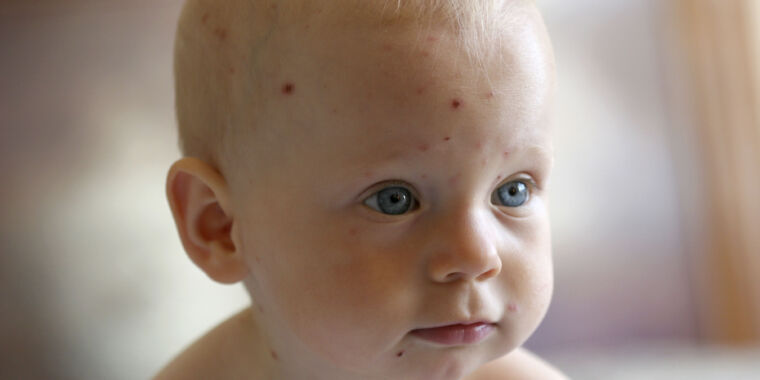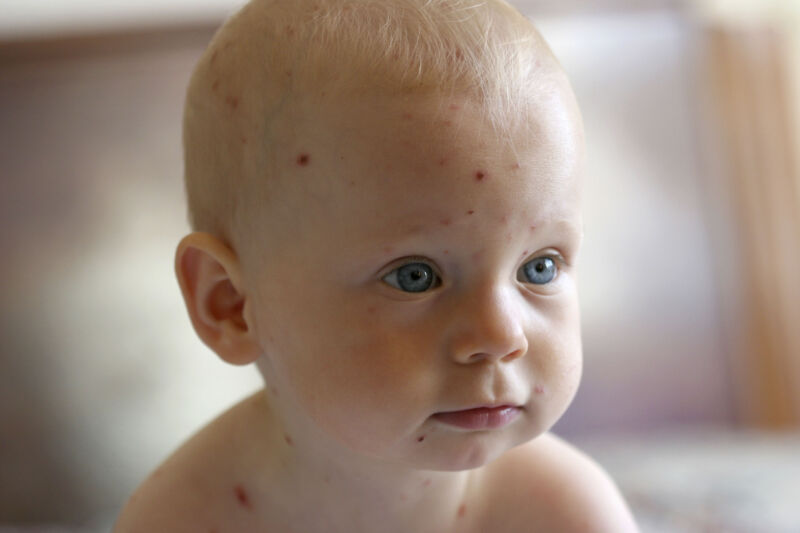Dead babies, critically ill kids: Pediatricians make moving plea for vaccines
As federal lawmakers prepare to decide whether anti-vaccine advocate Robert F. Kennedy Jr. should be the next secretary of the Department of Health and Human Services, pediatricians from around the country are making emotional pleas to protect and support lifesaving immunizations.
The American Academy of Pediatrics (AAP) has assembled nearly 200 stories and dozens of testimonials on the horrors of vaccine-preventable deaths and illnesses that pediatricians have encountered over their careers. The testimonials have been shared with two Senate committees that will hold hearings later this week: the Senate Committee on Finance and the Senate Committee on Health, Education, Labor, and Pensions (HELP).
“I remember that baby’s face to this day”
In a statement on Monday, AAP President Susan Kressly noted that the stories come from a wide range of pediatricians—from rural to urban and from small practices to large institutions. Some have recalled stories of patients who became ill with devastating diseases before vaccines were available to prevent them, while others shared more recent experiences as vaccine misinformation spread and vaccination rates slipped.
In one, a pediatrician from Raleigh, North Carolina, spoke of a baby in the 1990s with Streptococcus pneumoniae meningitis, a life-threatening disease. “I remember holding a baby dying of complications of pneumococcal meningitis at that time. I remember that baby’s face to this day—but, thanks to pneumococcal vaccination, have never had to relive that experience since,” the doctor said. The first pneumococcal vaccine for infants was licensed in the US in 2000.
A doctor in Portland, Maine, meanwhile, faced the same disease in a patient who was unvaccinated despite the availability of the vaccine. “As a resident, I cared for a young, unvaccinated child admitted to the pediatric intensive care unit with life-threatening Streptococcus pneumoniae meningitis. This devastating illness, once common, has become rare thanks to the widespread use of pneumococcal conjugate vaccines. However, this child was left vulnerable…and [their parents] now faced the anguish of watching their child fight for their life on a ventilator.”
Kressly emphasizes that “One unifying theme of these stories: vaccines allow children to grow up healthy and thrive. As senators consider nominees for federal healthcare agencies, we hope these testimonies will help paint a picture of just how important vaccinations are to children’s long-term health and wellbeing.”
Dead babies, critically ill kids: Pediatricians make moving plea for vaccines Read More »


